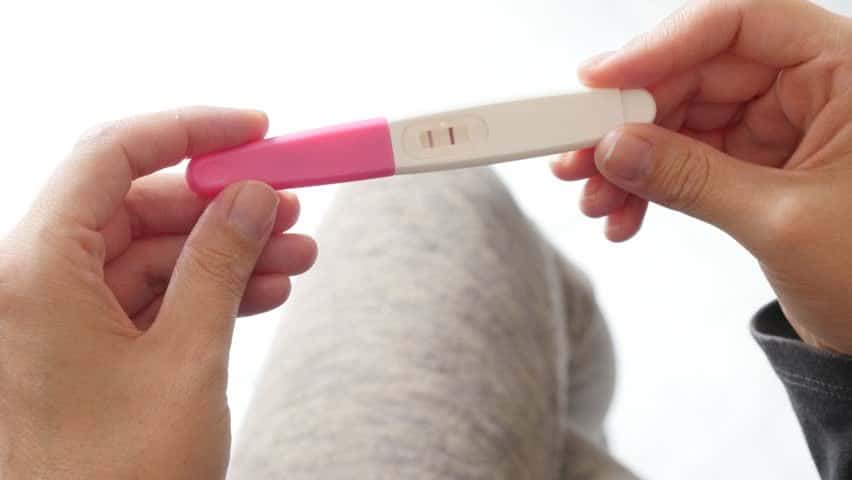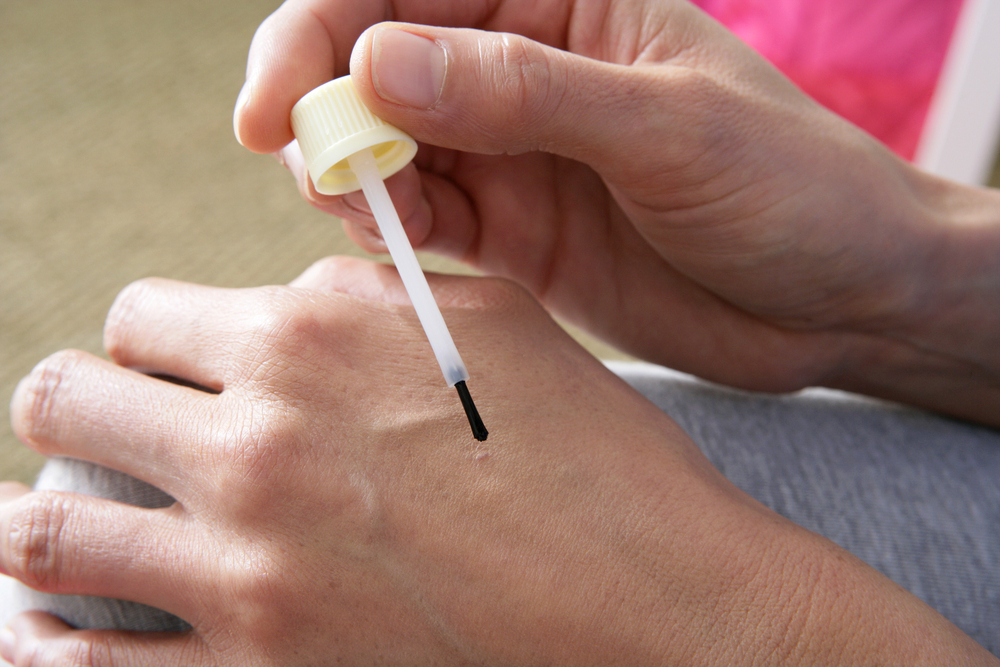Contents:
- Medical Video: Occupational Effects on Fertility: Report: Shift work lowers fertility in women
- Effect of night work on female fertility
- But, not all women's fertility problems are the impact of night shift work
Medical Video: Occupational Effects on Fertility: Report: Shift work lowers fertility in women
A new study found one of the effects of night work that can affect women's fertility.According to research at Harvard University, women who work with the system shift, having fewer eggs to be able to develop into healthy embryos, compared to those who work normally during the day.
Effect of night work on female fertility
In the study, researchers examined 313 women and they were asked to undergo tests in vitro fertilization (IVF) to determine the quality of each egg. As a result, researcher Audrey Gaskins said that there are less good eggs, around 15 percent, in the number of eggs that are ready to be fertilized in women who work at night. In addition, only a few of them have good quality to develop.
According to Gaskins, one of the triggers for lack of quality eggs in women due to the effects of night work is due to interference with the circadian rhythm. This disorder affects hormone production and the menstrual cycle, especially for women who often change work schedules between day and night. The study also reveals commensurate risks regarding the risk of women who work lifting heavy equipment. Examples of vulnerable professions are the profession of nurses and interior designers.
A similar study conducted by professors of Obstetrics and Gynecology at the University of Southampton, also showed similar results. Then the results were found, almost one third of women who worked at night had a 22% risk of miscarriage and suffered menstrual cycle disorders.
Finally, the study concluded, women who work at night or do heavy physical work, can trigger infertile conditions compared to other women who work at normal hours. If examined in theory, it can indeed reduce the chances of pregnancy and childbirth.
But, not all women's fertility problems are the impact of night shift work
However, experts from the Harvard School of Public Health emphasize that these findings are not all really influential. First, they stated that not all the effects of night work or due to heavy lifting work were the main source of female infertility. There may be other factors that trigger, one of which is environmental factors.
In addition, the study did not show that the conditions of women who work can affect their chances of pregnancy and childbirth, according to Dr. James Grifo, director NYU Langone Fertility Center in New York City.
Grifo, who was not involved in Harvard University research, was concerned that the findings could cause undue stress and misperception regarding fertility. Grifo also said, the results of the study only aim to point to the relationship between certain work conditions and measures of fertility.
Grifo also suggested that to balance work and fertility, women should eat healthy food, get enough rest and stay well hydrated for fertility and health.












